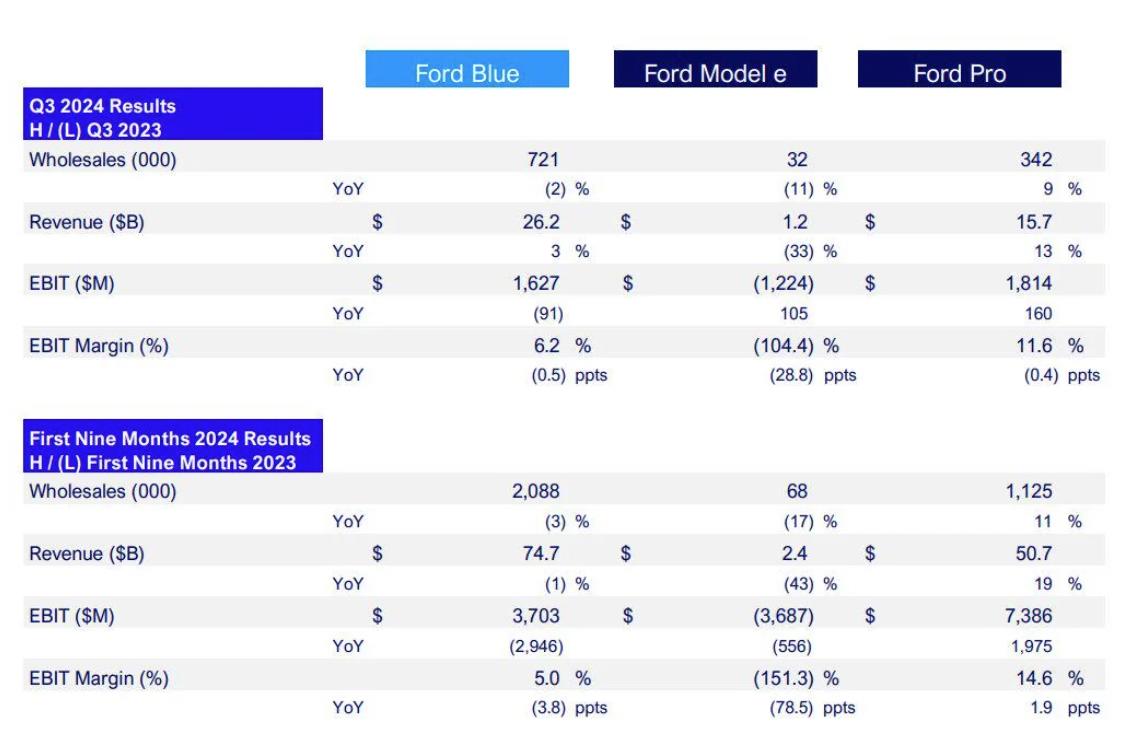I hate this kind of Article, just look at the words "prototype ", that means still R&D stage and they say will deal a "historic blow" to chinese cars! Laugh my toes off.
By time it can go mass production, and if it even ever go mass production, maybe in 5yrs, EV tech will go even more advanced.
Even more news..
This Korean hydrogen engine is the end of Japan: It has traveled 10 million kilometers
The
Hyundai Motor Group reached a major milestone in its hydrogen fuel cell truck journey: 10 million kilometers (6.2 million miles) on the road in Switzerland! The Korean motor manufacturer released a fleet of
XCIENT Fuel Cell trucks in the European country, and in just three years and eight months, they traveled the equivalent of circling the Earth 250 times.
Hyundai’s XCIENT Fuel Cell trucks exceed expectations in Switzerland
In 2020, Hyundai dispatched 48 XCIENT hydrogen fuel cell trucks to Switzerland after boosting the infrastructure to fuel and service the fleet. The plan was to
monitor how the technology performed in real-life, commercial applications and assess the effectiveness of the fueling and servicing process, and Hyundai is more than pleased with the fleet’s achievements.
Hyundai plans to build on its success in Switzerland by applying performance and consumption data to
improve the fuel cell system. Customer feedback is also being carefully analyzed to identify areas for improvement and best serve the needs of drivers and fleet owners.
The other upside to Hyundai’s positive showing in Switzerland is that it provides
insight into compliance with environmental policies, which are getting stricter each year as the world focuses on the green energy revolution.
Hyundai fuel cell technology and XCIENT truck specs
The XCIENT is actually the
world’s first mass-produced, heavy-duty, hydrogen-electric truck, which is quite a feather in the cap of the Korean manufacturer. The model has proven itself in more countries than just Switzerland, and it put on exceptional performances in Germany and the United States as well.
The model tested in Switzerland has a max-350 kW motor that runs on a 180 kW hydrogen fuel cell system, which Hyundai decided would be best for the country’s needs. The cab-over structure, which was designed for the best visibility, is a particular advantage on European roads with tight corners and abrupt elevation changes. The hydrogen capacity is 31kg, which translates to a range of 248 miles per charge.
Emissions regulations, refueling time, and range
Switzerland’s emissions regulations are some of the most stringent in Europe, but it supports its policies with a
well-developed, accessible hydrogen refueling network. This is one of the reasons why Hyundai chose this country to test its XCIENT Fuel Cell fleet. Daniel Balmer, a member of the Swiss Hydrogen Mobility Association, sang the hydrogen truck’s praises:
“The biggest advantage over diesel trucks is that they operate without emitting carbon and are incredibly quiet. They are perfect for delivering in residential areas during early morning or late-night hours, as they produce no noise and emit only water vapor instead of exhaust gases. Another benefit is their convenience; with a quick refueling time of eight to 20 minutes, depending on the external tank temperature, the trucks are capable of long-distance travel.”
XCIENT Fuel Cell trucks in North America
Several North American logistics companies also put their faith in the XCIENT model. Hyundai supplied 30 Fuel Cell models to the continent, making this the
largest single supply of fuel cell trucks to the area. The version designed for the US has features to accommodate long-distance travel with a tractor-trailer arrangement that differs from the cargo versions for other markets. The range of these trucks is around 450 miles with a full load, which is the kind of range required for traveling expansive distances.
Clean, green, energy, zero carbon emissions
Hyundai’s XCIENT model
produces zero carbon dioxide and emits nothing but pure water—one of the cleanest forms of energy available on the roads. The system also filters out dust particles while capturing oxygen during operation. In general, hydrogen fuel cell engine systems offer the following benefits:
- Energy-efficient
- Low noise pollution
- Lower operational costs
- Quick refueling
- Reliable and robust parts
- Decentralized power supply
As Hyundai contributes to a world where clean hydrogen is accessible anywhere, the XCIENT Fuel Cell truck is making its mark as a
top contender in the fuel cell sphere.





